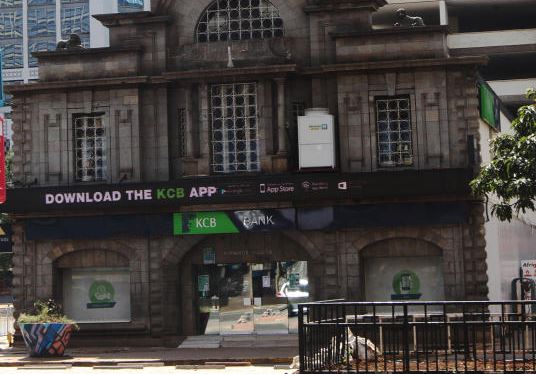×
The Standard e-Paper
Kenya’s Boldest Voice

Banks are estimated to have registered a drop in profitability by 30 per cent in what is turning out to be one of the worst half years for the country’s lenders.
An analysis of financial results for 28 banks, including all the big ones, shows that the industry’s net profit declined to Sh44 billion in the first half of 2020 from Sh62.9 billion in the same period last year, reflecting the negative effects of the Covid-19 pandemic.